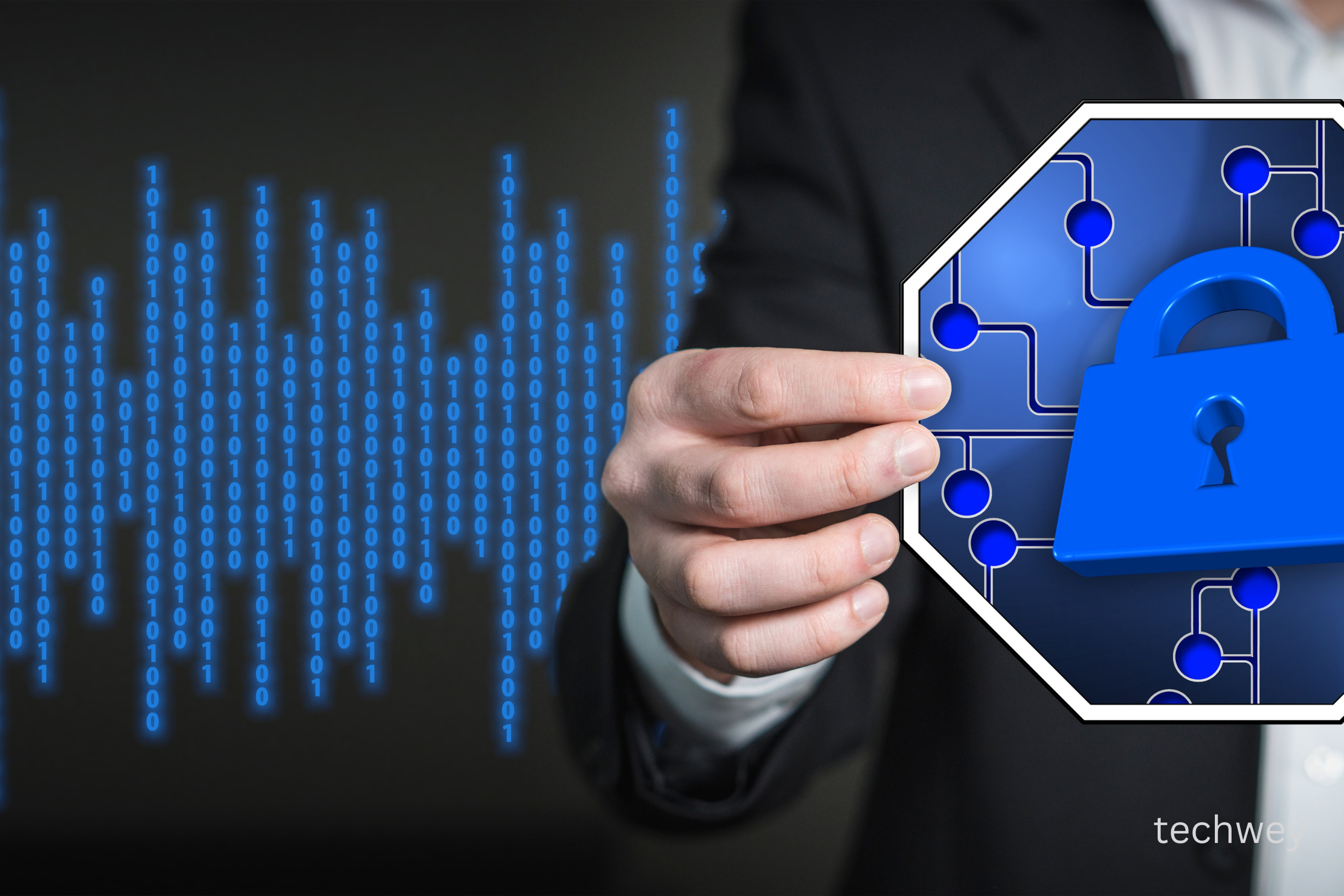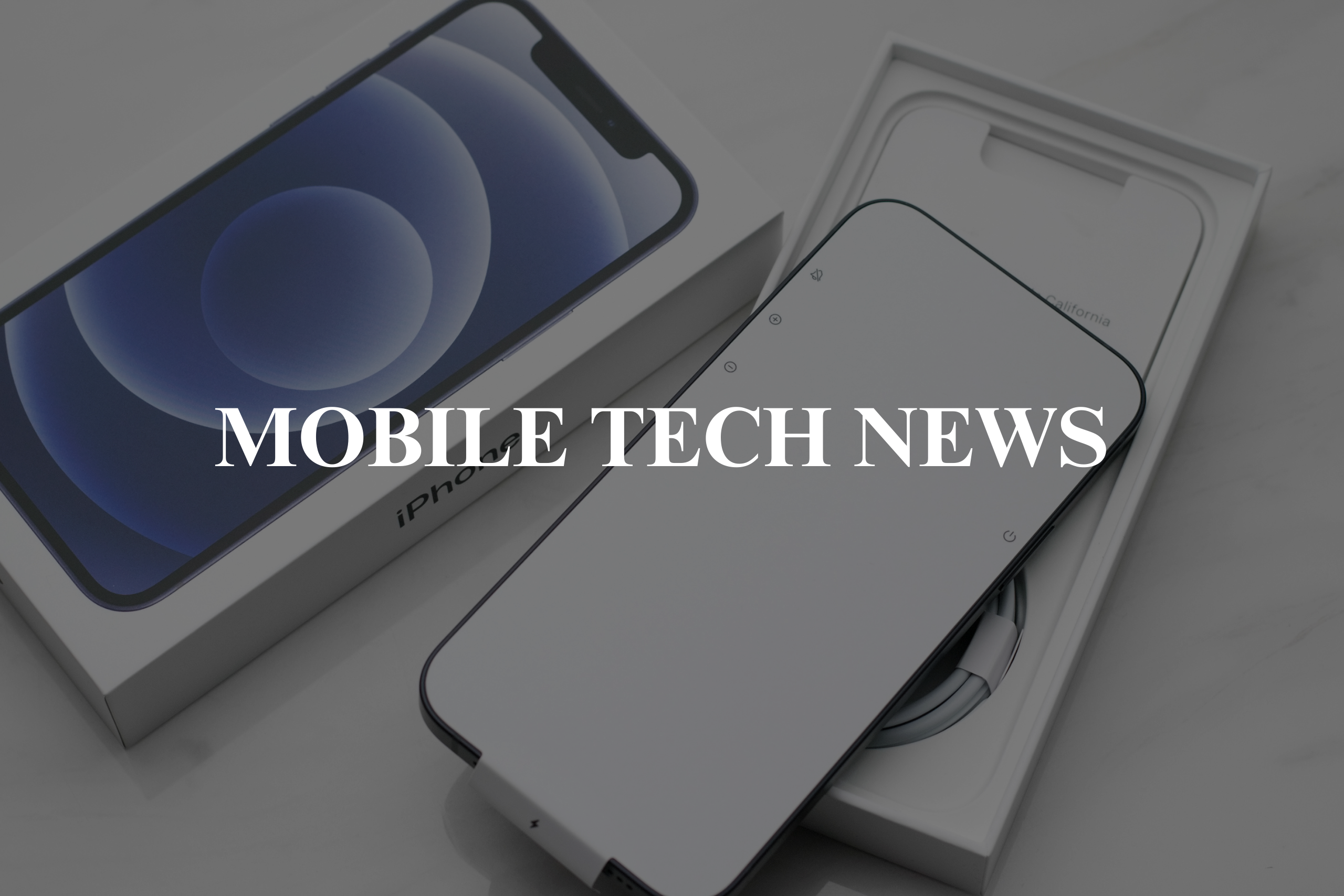
Cybersecurity Tips for 2025: How to Stay Safe Online
As we venture deeper into the digital age, knowing how to stay safe online in 2025 has become more critical than ever. Cybersecurity threats are evolving, and so should our defense tactics. In this guide, we explore key cybersecurity tips for 2025 to help protect your digital footprint, whether you’re a tech-savvy professional, remote worker, small business owner, or casual internet user.
Why Cybersecurity Is More Important Than Ever in 2025
The internet is woven into nearly every aspect of our lives, from social media and online banking to remote work and smart homes. With more data being stored and shared than ever before, cybercriminals are constantly developing new strategies to exploit weaknesses. Ransomware attacks, phishing scams, data breaches, and identity theft are now everyday realities.
In fact, according to Cybersecurity Ventures, cybercrime damages are expected to reach $10.5 trillion annually by 2025. That’s why adopting these cybersecurity tips for 2025 isn’t just smart, it’s essential.
1. Use Stronger, Smarter Passwords
Still using “123456” or “password”? It’s time to upgrade.
In 2025, password security is your first line of defense. Use passphrases, long, easy-to-remember but hard-to-crack combinations of words. For example, “GiraffeSkatesOnMars2025!” is far more secure than “admin123.”
Pro Tips:
Use a password manager to store and generate strong passwords.
Never reuse passwords across different platforms.
Enable password expiration reminders for sensitive accounts.
2. Turn on Multi-Factor Authentication (MFA)
MFA is your cybersecurity bodyguard. It requires you to verify your identity with two or more methods, like a password and a fingerprint, or a code sent to your phone.
Why it works: Even if someone gets your password, they still can’t access your account without the second verification method. Turn MFA on for your email, banking, social media, and cloud accounts.
3. Keep Your Devices and Apps Updated
Software updates may seem annoying, but they’re vital. Updates patch security flaws that hackers exploit. If your system is outdated, it’s like leaving your front door open.
Pro Tip: Enable automatic updates on your phone, computer, and other smart devices.
4. Beware of Phishing Scams
Phishing attacks have gotten sneakier. In 2025, scammers use AI-generated emails and cloned websites to steal your personal information.
How to Spot a Phish:
Check for poor grammar or odd URLs.
Don’t click links or download attachments from unknown senders.
Always verify the sender’s email address.
If in doubt, go directly to the company’s website instead of clicking a link.
5. Secure Your Wi-Fi Network
Your home or office Wi-Fi is a goldmine for hackers. If it’s unsecured, they can monitor your online activity or even steal sensitive files.
Cybersecurity Tips for Securing Wi-Fi:
Use a strong, unique Wi-Fi password.
Change the default router name (SSID).
Enable WPA3 encryption.
Hide your network from public view.
6. Protect Personal Information on Social Media
In 2025, oversharing on social media is still one of the biggest security risks. Hackers mine public info to guess passwords, security answers, or target you for scams.
Quick Fixes:
Set your profiles to private.
Avoid sharing your location or travel plans.
Don’t display personal data like phone numbers or email addresses.
7. Back Up Your Data Regularly
Ransomware attacks can lock you out of your own data. Having a backup ensures you won’t lose everything if something goes wrong.
Best Practices:
Use cloud storage and an external hard drive.
Schedule automatic backups weekly or monthly.
Test backups regularly to ensure they’re working.
8. Use Antivirus and Firewall Protection
Even in 2025, a good antivirus software and firewall remain essential. They guard your devices against malware, spyware, and unauthorized access.
Recommended Tools:
Kaspersky Total Security
Windows Defender (for built-in protection)
9. Avoid Public Wi-Fi Without a VPN
Public Wi-Fi in airports, cafes, and hotels may be convenient, but it’s often unsecured. Cybercriminals can intercept your connection.
The Fix: Use a Virtual Private Network (VPN) to encrypt your internet traffic. It masks your IP address and keeps your data safe, even on sketchy networks.
10. Be Cautious With Smart Devices (IoT Security)
Smart fridges, watches, speakers, and even doorbells are connected to the internet, but are they secure?
Cybersecurity Tips for IoT in 2025:
Change default usernames and passwords.
Regularly update the device firmware.
Segment your network by creating a guest Wi-Fi for smart devices.
11. Monitor Your Digital Footprint
In 2025, your online presence matters. Regularly monitor your accounts, emails, and other digital activities to catch suspicious behavior early.
Use tools like:
Google Alerts (for mentions of your name)
HaveIBeenPwned.com (to check if your email was exposed in a data breach)
12. Educate Yourself and Others
Cybersecurity isn’t just for IT professionals. Everyone in your home or workplace should understand the basics.
Suggestions:
Take short online courses on cybersecurity.
Share tips with friends and coworkers.
Stay updated on the latest scams and trends.
Knowledge is your greatest weapon.
Final Thoughts: Stay Safe, Stay Smart
Cybersecurity in 2025 is not just a buzzword, it’s a lifestyle. By following these cybersecurity tips, you can navigate the digital world with confidence, knowing you’re prepared for whatever threats come your way.
Remember, staying safe online is an ongoing commitment. Review your habits often, stay alert, and never stop learning.
Learn more about the importance of cyber security here.






Leave a Reply